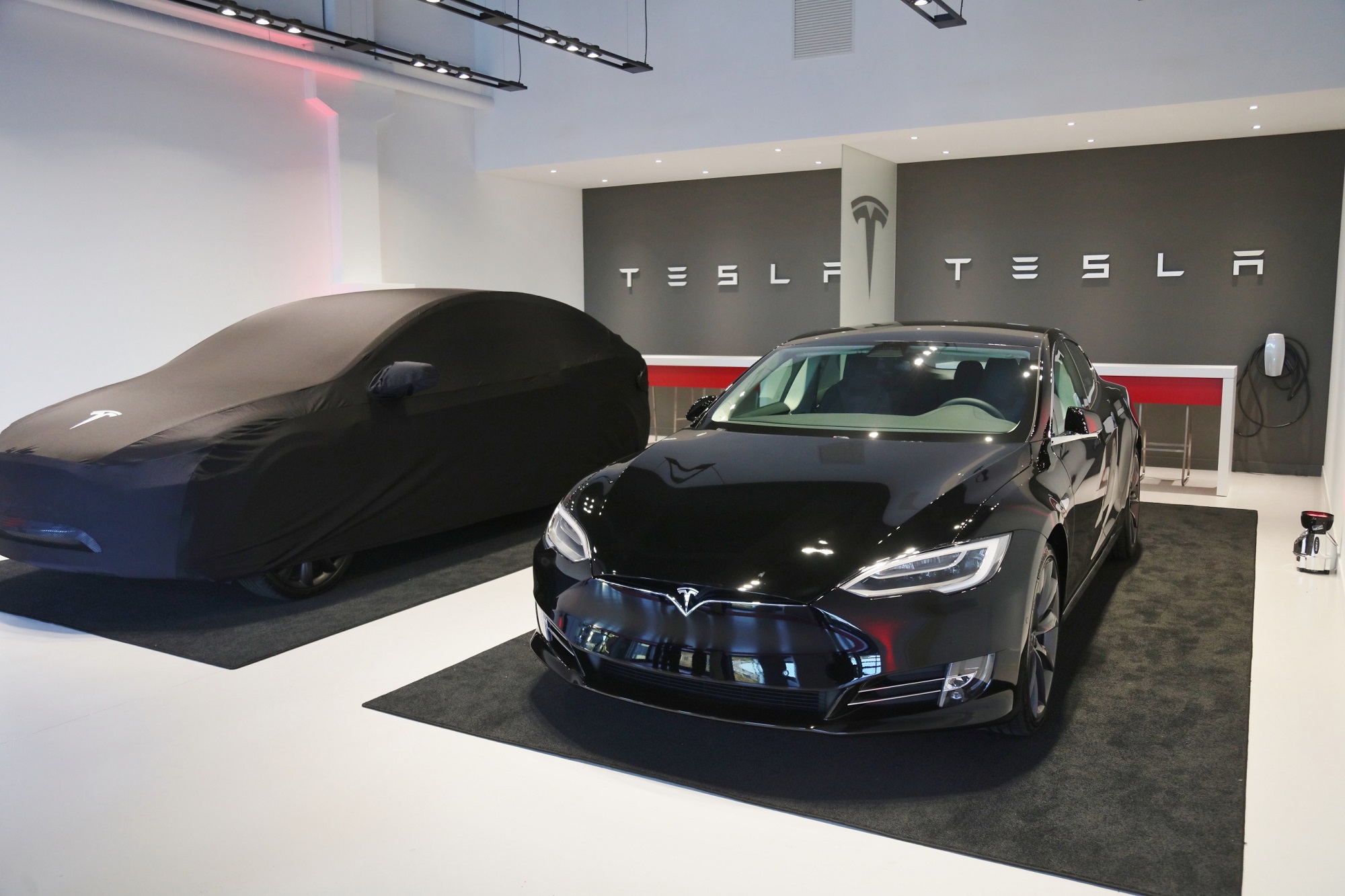Tesla announced a recall of over 817,000 vehicles in the United States this week over safety concerns. On Tuesday, the National Highway Traffic Safety Administration (NHTSA) issued a safety recall report for 817,143 Tesla Model S, Model X, Model 3, and Model Y vehicles which fail to comply with a federal motor vehicle safety standard on occupant crash protection. As the report notes, the audible seat belt reminder isn’t activating when certain Tesla vehicles start up. Tesla will roll out a firmware update to fix the seat belt chime.
Tesla recalls vehicles over faulty seat belt chime
The South Korea Automobile Testing & Research Institute (KATRI) first made Tesla aware of the issue on January 6th. For the next two weeks, Tesla’s vehicle software and homologation teams investigated the issue. On January 25th, Tesla reviewed the findings of the teams and determined that a voluntarily recall would be the best course of action.
Vehicles have to activate a seat belt chime when a vehicle starts if the driver hasn’t buckled the seat belt. Tesla has seat belt chimes in its vehicles. But if the chime is interrupted during a drive cycle and the seat belt wasn’t buckled prior to the interruption, a software error may prevent the vehicle from activating the chime during the next drive.
This is the description of the safety risk that the issue poses, according to the NHTSA:
If the audible seat belt reminder chime does not activate at the start of a new drive cycle and the driver does not notice the accompanying visual seat belt telltale, the driver may not be reminded to buckle their seat belt and may begin operating the vehicle in an unbuckled state, which could increase the risk of injury.
Thankfully, as of January 31st, Tesla is not aware of any injuries resulting from this bug.

Tesla’s plan to fix the problem
As the NHTSA explains in its report, Tesla will release a firmware update to fix the software bug. Following that update, the audible seat belt reminder will reset if anything interrupts it while chiming. Tesla introduced its new firmware version with the fix in Model 3 and Model Y production on January 27th. And then, just a day later, on January 28th, Tesla introduced the same firmware in Model S and Model Y production.
Tesla also plans to roll out a firmware update over-the-air to vehicles in early February. If you currently own a Tesla, be on the lookout for firmware release 2022.4.5. Once a Tesla updates to firmware release 2021.43.101.1, 2022.4.5, or later, no further action is required. Tesla also says that it will not deliver any new vehicles to customers without these updates.
Tesla recalls have become distressingly frequent in recent months. In fact, Tesla issued another software recall affecting over 50,000 vehicles this week as well. Last October, Tesla introduced a “rolling stop” feature in its Full Self-Driving (FSD) Beta software. Unsurprisingly, the NHTSA was none too pleased with the addition.








